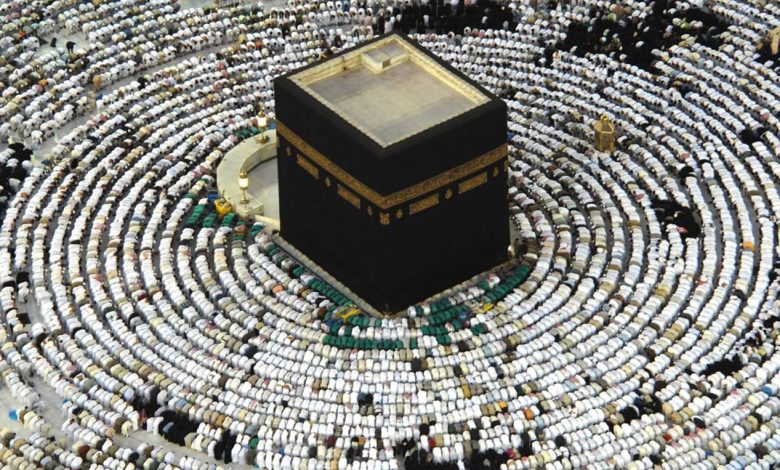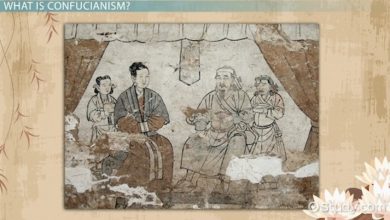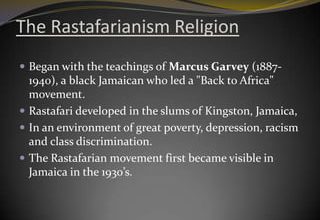Brief Introduction and History of Islam.
Understanding the Core Beliefs and Origins of Islam.

Brief Introduction and History of Islam- one of the world’s major religions. It began in the 7th century in Arabia. Today, it has over a billion followers. These followers are called Muslims.
What is Islam?
Islam means “submission to the will of God.” Muslims believe in one God, Allah. They follow the teachings of the Prophet Muhammad (SW.). The holy book of Islam is called the Quran.
The Prophet Muhammad (SW.)
Muhammad (SW.) is the last prophet in Islam. He was born in Mecca in 570 AD. He received his first revelation at the age of 40. These revelations make up the Quran.
The Five Pillars of Islam
Muslims follow five main practices. These are called the Five Pillars of Islam. They are:
- Shahada: The declaration of faith. “There is no god but Allah, and Muhammad (SW.) is his prophet.”
- Salah: Performing prayers five times a day.
- Zakat: Giving to charity. Muslims give a portion of their wealth to help the poor.
- Sawm: Fasting during the holy month of Ramadan.
- Hajj: The pilgrimage to Mecca. Every Muslim must try to make this journey at least once.
Early History of Islam
History of Islam- began in Mecca. Muhammad (SW.) started preaching in 610 AD. At first, only a few people followed him. Many people in Mecca opposed him. In 622 AD, Muhammad (SW.) and his followers moved to Medina. This journey is called the Hijra. It marks the beginning of the Islamic calendar.

Credit: www.amazon.com
Expansion
Muhammad’s (SW.) death in 632 ADS, Islam spread quickly. The first four leaders after Muhammad (SW.) are called the Rightly Guided Caliphs. They expanded the Islamic empire. It stretched from Spain to India.
The Omayyad and Abbasid Caliphates
Two important dynasties ruled the Islamic world after the Rightly Guided Caliphs. They are the Omayyad and Abbasid caliphates.
- Omayyad Caliphate (661-750 AD): The Omayyad expanded the empire further. They moved the capital to Damascus.
- Abbasid Caliphate (750-1258 AD): The Abbasid took over after the Omayyad. They moved the capital to Baghdad. This period is known as the Golden Age of Islam. Science, culture, and trade flourished.
Islamic Golden Age
Golden Age lasted from the 8th to the 14th century. Scholars made great advances in many fields. These include mathematics, medicine, astronomy, and literature.
Some famous scholars from this period are:
- Al-Khwarizmi: He is known as the father of algebra.
- Avicenna: A great physician and philosopher.
- Al-Biruni: He made significant contributions to astronomy and geography.

Credit: www.amazon.com
History of Islam-all over the world There are two main branches of Islam: Sunni and Shia. Sunnis make up about 85-90% of Muslims. Shias make up about 10-15%.
Key Events in Islamic History:
| Event | Date | Description |
|---|---|---|
| Birth of Muhammad | 570 AD | Muhammad (SW.), the prophet of Islam, is born in Mecca. |
| First Revelation | 610 AD | Muhammad (SW.) receives his first revelation from the angel Gabriel. |
| Hijra | 622 AD | Muhammad (SW.) and his followers migrate to Medina. This marks the start of the Islamic calendar. |
| Death of Muhammad | 632 AD | Muhammad (SW.) passes away. Abe Baker becomes the first caliph. |
| Omayyad Caliphate | 661-750 AD | The Omayyad dynasty rules the Islamic world. |
| Abbasid Caliphate | 750-1258 AD | The Abbasid dynasty takes over. The capital is moved to Baghdad. |
Frequently Asked Questions
What Is Islam?
monotheistic religion founded by Prophet Muhammad in 7th century Arabia, emphasizing submission to Allah.
Who Is The Founder Of Islam?
The founder of Islam is Prophet Muhammad (SW.), who received revelations from Allah, forming the Quran, the holy book.
When Did Islam Begin?
began in the 7th century CE in Mecca, present-day Saudi Arabia, with the revelations received by Prophet Muhammad.
What Are The Core Beliefs Of Islam?
Core beliefs include belief in one God (Allah), angels, holy books, prophets, the Day of Judgment, and predestination.
It began in Arabia and spread across the world. Today, it continues to be a major religion. Muslims follow the teachings of Muhammad (SW.) and the Quran. They practice the Five Pillars of Islam. The history of Islam is filled with achievements and contributions to civilization.



